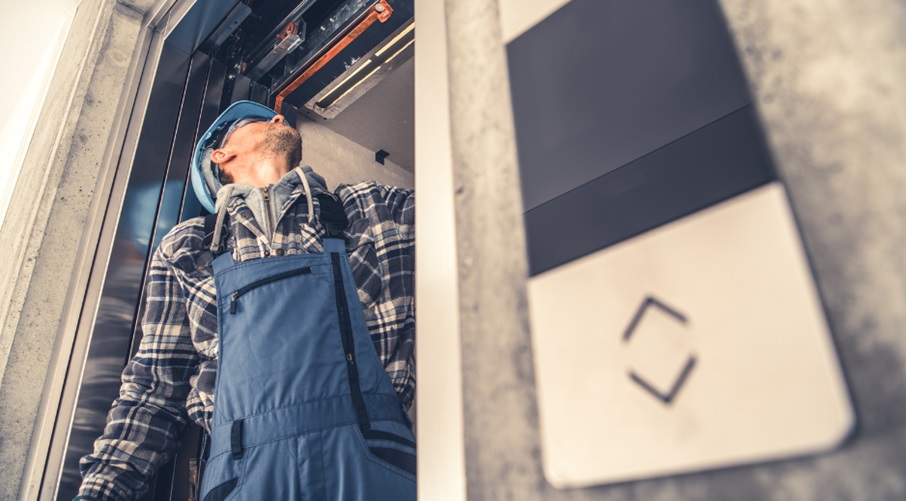
Tenant satisfaction is vital for effective apartment management. By investing in qualified maintenance staff, apartment communities can achieve high levels of tenant satisfaction and retention. Partnering with a certified maintenance technician staffing agency in Atlanta ensures that apartment complexes have skilled professionals capable of efficiently managing repairs and maintenance.
The Role of Maintenance Technicians
Maintenance technicians are integral to the smooth operation of apartment communities. They handle a variety of tasks, from minor repairs to major maintenance issues, ensuring that the living environment remains safe and comfortable for tenants.
Efficient Problem Resolution
Prompt and efficient resolution of maintenance issues is a key factor in tenant satisfaction. Technicians who can quickly address problems help prevent minor issues from escalating, thereby maintaining a positive tenant experience.
Preventive Maintenance
Implementing a preventive maintenance program is essential. Regular inspections and routine maintenance checks can help avoid unexpected breakdowns, minimizing disruptions to tenants’ lives. This proactive approach not only reduces repair costs but also enhances tenant trust and loyalty.
Effective Communication with Tenants
Clear communication is vital in maintaining tenant satisfaction. Maintenance teams should keep tenants informed about the status of repairs and any maintenance work being conducted.
Transparent Communication Practices
By providing regular updates on repair timelines and procedures, maintenance technicians can manage tenant expectations effectively. This transparency helps reduce tenant anxiety and fosters a sense of reliability and trust in the community management.
Investing in Technician Training
Continuous training and development of maintenance staff are crucial for delivering high-quality service. Technicians need to stay updated with the latest repair techniques and technologies to ensure top-notch maintenance services.
Adapting to Technological Advances
As technology advances, apartment communities increasingly integrate smart home systems and other modern amenities. Training technicians to handle these technologies ensures they can provide comprehensive services that meet the evolving needs of tenants.
Building Positive Tenant Relationships
Beyond technical skills, building positive relationships with tenants is essential for maintenance staff. Friendly and approachable technicians contribute to a welcoming and supportive community atmosphere.
Enhancing Community Atmosphere
Maintenance technicians who engage positively with tenants can greatly enhance the community’s atmosphere. A positive demeanor and the willingness to assist beyond basic repairs can make tenants feel valued and respected, leading to increased satisfaction and retention.
Conclusion
Maintenance technicians play a pivotal role in tenant satisfaction within apartment communities. By focusing on efficient problem resolution, preventive maintenance, effective communication, and continuous training, technicians can significantly enhance the tenant experience. Building strong relationships with tenants further contributes to a positive community environment. As apartment communities aim to maintain high occupancy rates and positive reputations, ensuring that their maintenance teams are well-equipped and personable is essential.
Also read: How to Recruit and Retain Top Apartment Maintenance Staff.
Frequently Asked Questions
1. What responsibilities do maintenance technicians have in apartment communities?
They are responsible for handling repairs, conducting preventive maintenance, and ensuring the property’s overall functionality and safety.
2. How can maintenance technicians improve tenant satisfaction?
By responding promptly to repair requests, communicating effectively, and building friendly relationships with tenants.
3. Why is preventive maintenance important for tenant satisfaction?
It prevents unexpected breakdowns and disruptions, ensuring a seamless and comfortable living experience for tenants.






